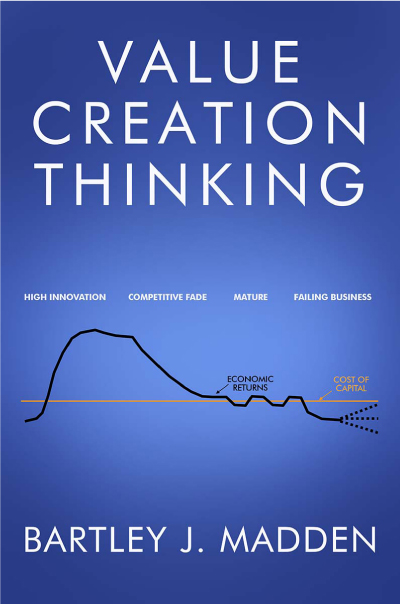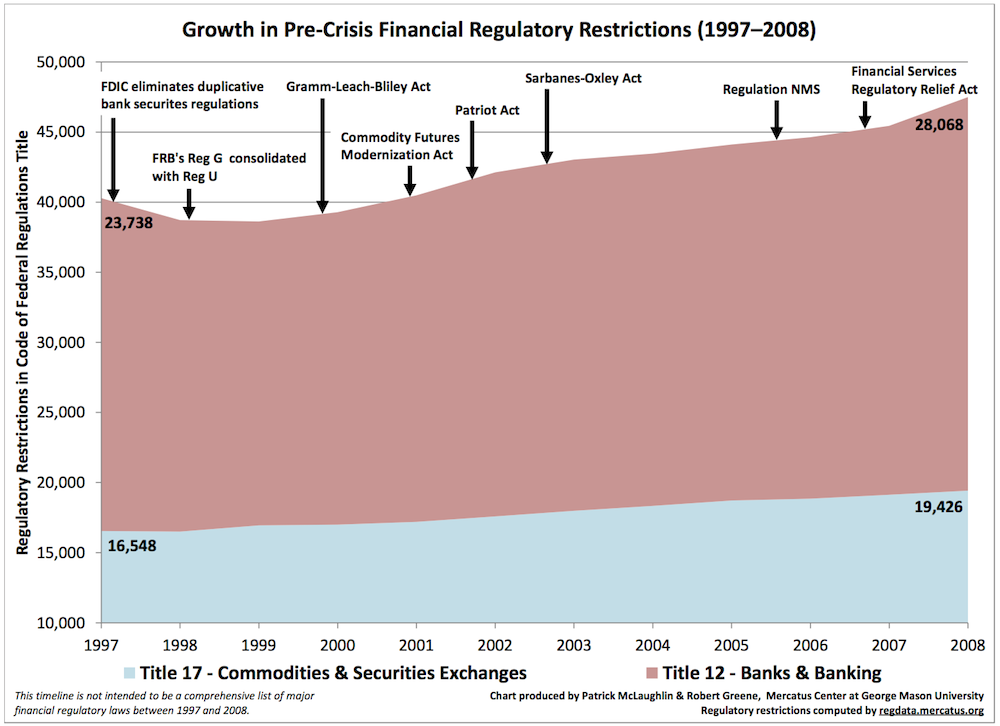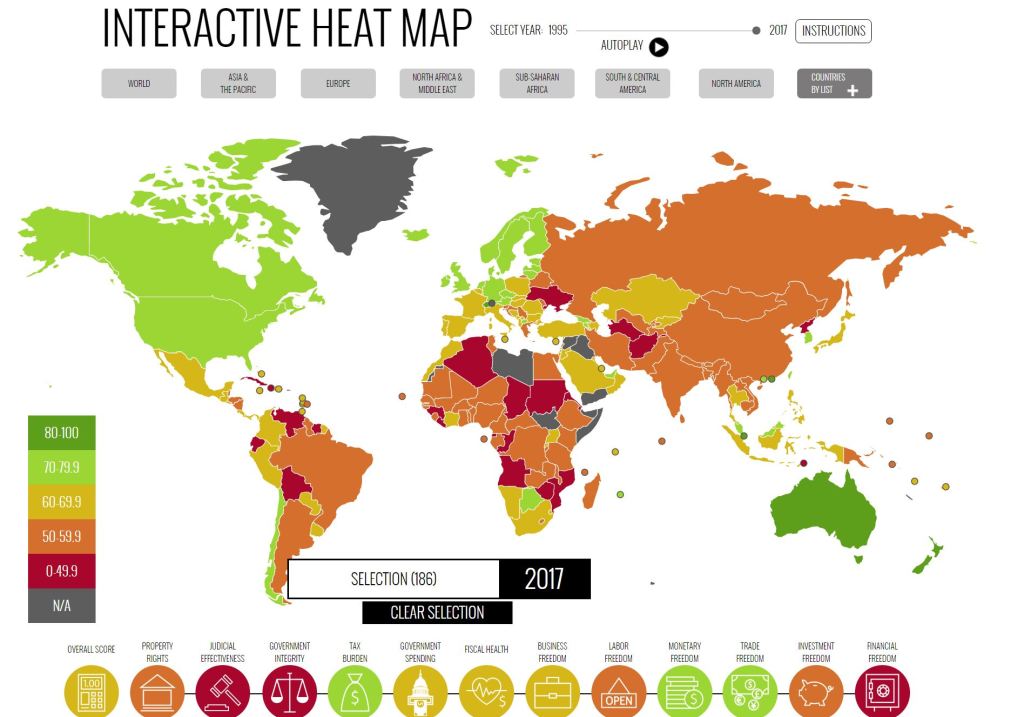Profiles in Liberty: Robert Lawson
Our CEE interview with Southern Methodist University economist Robert Lawson. Dr. Lawson answers these questions and more about his life and work: Why did you become an economist? What readings were inspirational to you as a student? Where did you get your undergraduate degree? Why did you decide to go to graduate school? Where did […]
Profiles in Liberty: Robert Lawson Read More »







